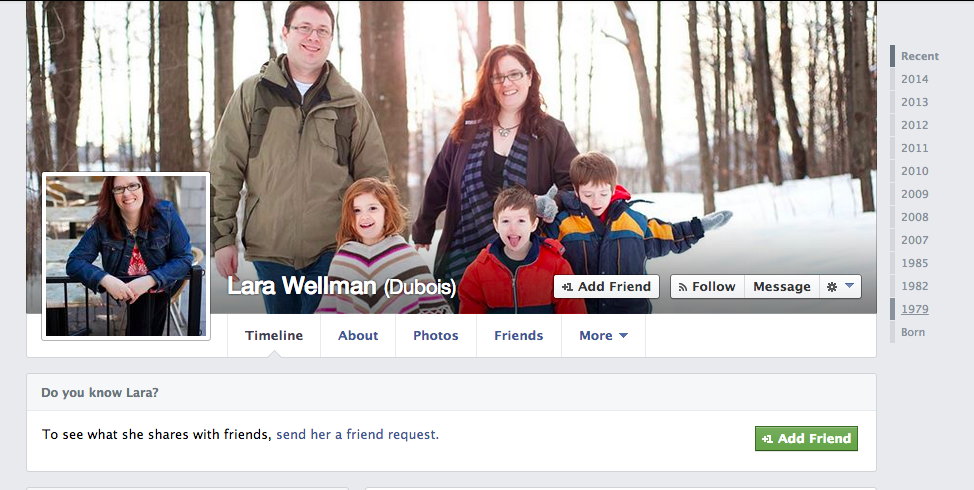Facebook is easily the most controversial major social network. Seemingly constant changes to Facebook's user interface, its functionality, and the algorithm that controls what we all see have led marketers and users alike to feel nearly constant frustration with the service.
So, if it’s so bad, why do we keep logging in? What keeps us coming back to this Web site that inspires such frustration?
Our friends. Our business. Our interests.
Yes - even if we see each of them less and less. The thing is, I doubt we'd like it if the algorithm wasn't prioritizing our newsfeed. And Facebook is still the largest and most-used social network on the Internet, which makes it relevant and important to your business.
What is Facebook?
Believe it or not, I meet people regularly who don't have Facebook accounts. They have their reasons, but if you're not on Facebook yet, it's hard to know what you're missing. Facebook is the quintessential social network. It started out as a two-way connection - reciprocity required. I send you a friend request, you accept or don't accept. One choice means I have access to your content and you have access to mine. Declining my request means we don't.
"Friendship" is still the primary focus of the network, though they have since added Pages, Groups, Interest Lists, and Followers - all of which are not reciprocal connections.
Who should use Facebook?
From a personal perspective, I think that anyone who wants to connect with other people can get value out of Facebook. The idea that social media makes us less social doesn't have to be the reality - and it isn't for most. From a business or entity perspective, Facebook is a valuable marketing tool. There are over 1.3 billion active accounts on Facebook. It would be a rare business that can't find its audience in a pool of people that size.
When (and how) should I post?
Post at least daily, but not too often. The frequency your audience will respond to is potentially different from my audience and likely based on what kind of business you run. Media outlets can get away with posting numerous articles every day. A small business might post only once per day. For the majority of businesses, a maximum of 2-4 times a day is a good guideline. Facebook users will “unlike” your page if you annoy them. I know I have.
Be sure to share a mix of content - status updates, links, videos, photos - so that you get a better idea of what works best. The algorithm changes, so maintaining a mix ensures you won't get caught up in some of the silly (and fleeting) trends that don't work in the first place.
Where should you post?
Over the years, Facebook has done a lot of work to improve its mobile app - from splitting out Messenger and Groups to improve loading time, to adding more and more of the browser app's functionality, such as editing, comment replies, and more. The list of actions you can only do in the web browser is getting shorter and shorter all the time. So, where should you post? Pretty much wherever you want.
Why should you be on Facebook?
I really like Facebook. The potential for collaboration, connection, information consumption are all pretty much endless. I've created and found support networks, small and large, through Facebook. I use Groups for my work with Lara on WWC, as well as part of the delivery of our programs. A lot of the issues people have with Facebook tend to be rooted in unrealistic expectations. Your audience has never all been guaranteed to see your content - not in newspapers, on television, on your website, on Twitter, or any other medium that you contribute to - not even when Facebook didn't have ads was 100% your audience guaranteed to see your content.
Developing a presence on Facebook can bring good things in the form of better relationships personally and professionally. It can also have an impact on the bottom line for businesses. However, no one should have a presence unless it makes sense to achieve business goals and they have the resources to be consistent.













